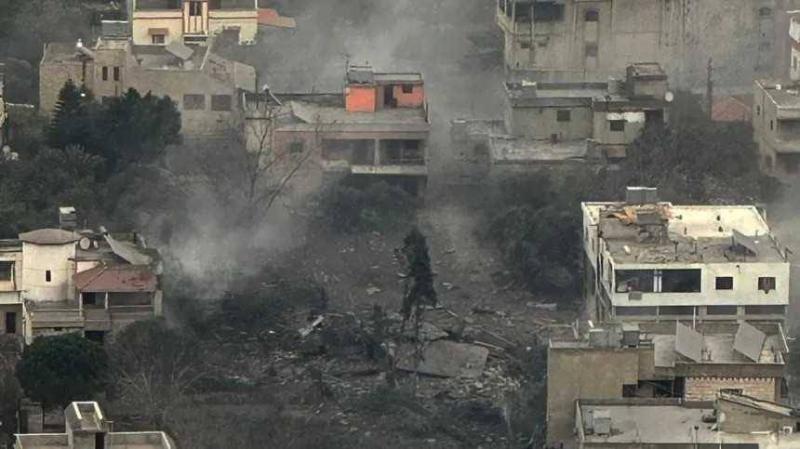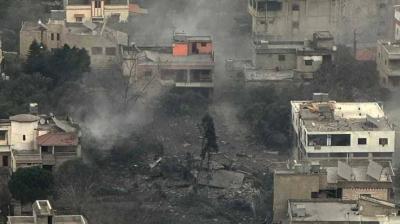It is a nearly deadly state of waiting that the Middle East is experiencing. Everyone is awaiting Iran and its allies' response to the targeting of Tehran and the assassination of Hamas political bureau chief, Ismail Haniyeh. The Iranians confirm that the response is inevitable and resolved, with no room for retreat, despite all attempts to stabilize the situation and dissuade Iran from launching a strike. Another waiting scenario in the region is Hezbollah's decision on the right timing to execute a strong retaliatory operation against the targeting of Beirut's southern suburbs and the assassination of the party's military official, Fouad Shukr. Intense communications are taking place in an attempt to de-escalate and prevent military situations from spiraling into either a regional war or a full-scale war. Various parties are mediating, including Switzerland as a representative office for American interests in Iran, Oman, Qatar, and Jordan, most recently through Foreign Minister Ayman Safadi's visit to Tehran to discuss with the Iranians regarding the next phase, amid expectations that Safadi would convey international messages as well as clarify his country's position, since Iranian missiles and drones could traverse Jordanian airspace, as occurred in the mid-April strike, when Jordan intercepted the missiles and drones according to "Al-Jarida."
On the other hand, Iran has been clear that it will not retreat from responding to the targeting of Haniyeh in Tehran and is prepared for all possibilities and developments, calling on various powers and countries in the region to exert maximum pressure on America and Israel to stop the war on Gaza, because if it continues, the situation will explode across the entire region. Regarding Hezbollah, its response to the strikes on the southern suburbs will be assured, and this response will be sufficient to send a strong deterrent message to Netanyahu and hold him accountable, so he does not continue his provocative policies and target whomever he wishes.
Sources close to the party state that it has also received indirect American messages indicating that Washington was unaware of Israeli intentions to target the southern suburbs of Beirut, and that America has no relation to what occurred; however, the party refuses to believe this and asserts that America is the only one capable of forcing Israel to halt its war if it wanted to. According to information, Hezbollah's response will focus on hitting an area it has not targeted before that is highly sensitive to the Israelis and has a strategic dimension, but it will aim at a military headquarters or center to ensure the message is clear about restoring deterrence and not allowing the targeting of Beirut's southern suburbs; yet, at the same time, it should not lead to the outbreak of a major war.
Amidst this waiting, the level of anxiety and tension is rising in Lebanon, compounded by continued calls from countries for their nationals to leave immediately, as emphasized by the American and British foreign ministries, and for the first time, the French foreign ministry, which has urged its citizens to leave Lebanon. It is noteworthy that for months, Paris did not resort to such calls, with the common point among all these countries being the advice to their citizens to book flights through any airline, even if their destination was not the country they intended to visit, contributing to a more tense atmosphere. Accordingly, monitoring sources indicate that the rate of departures from Lebanon via the airport has increased in the past few days, according to "Al-Jarida."




